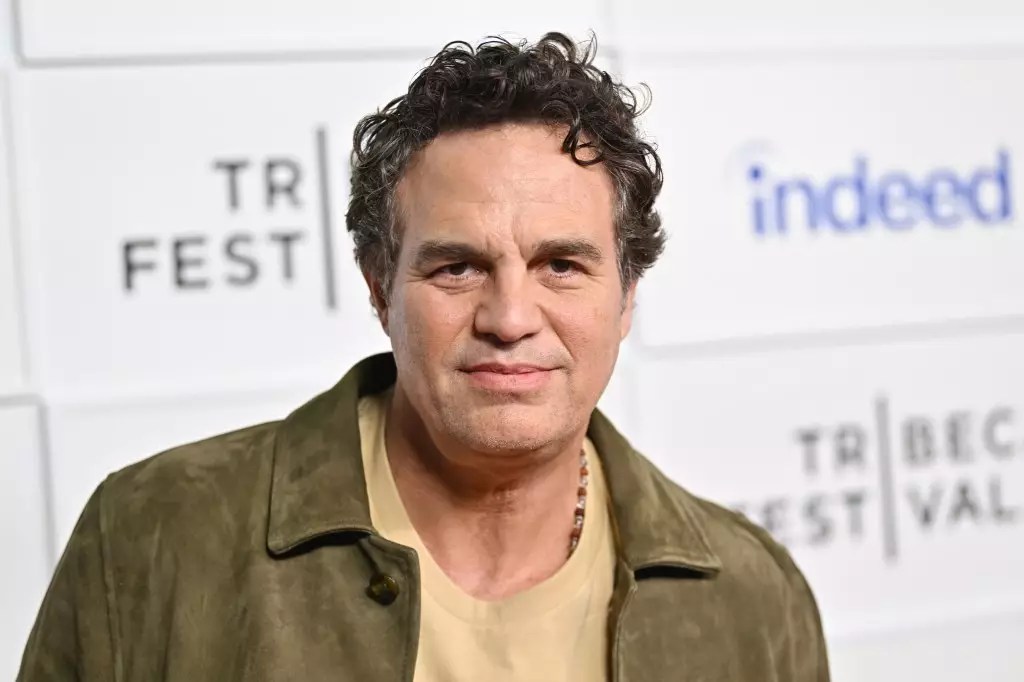In recent weeks, the abrupt suspension of Jimmy Kimmel’s late-night show has ignited a fierce debate about the balance between free speech and political pressure within American media. This incident exemplifies how corporate interests, government influence, and political ideologies intertwine to threaten the foundational principles of democratic discourse. While some may argue that the show’s content crossed acceptable lines, it is undeniable that the reaction reveals a disturbing trend toward suppression of dissent, especially when it challenges powerful political narratives.
The decision made by ABC’s parent company, Disney, to suspend Kimmel’s program is far from a neutral act. Beneath the surface lies a complex web of influence from the FCC, affiliate owners, and political figures motivated to silence voices that criticize or satirize the current administration. The move, justified publicly by claims of inappropriate content, in reality resembles a strategic capitulation to political pressures that threaten independent journalism and comedy as crucial components of political accountability. The palpable decline in Disney’s stock value following this censorship indicates that economic repercussions are perceived as inevitable consequences of suppressing free expression.
The media landscape today is increasingly susceptible to external forces that seek to curtail dissenting voices. When corporations respond to government threats or political outcry by preemptively silencing a show, they risk undermining the very liberties they are supposed to uphold. This trend exemplifies how corporate interests are often aligned with political agendas, leading to a chilling effect that stifles honest critique and diverse perspectives that are vital for a functional democracy.
The Role of Public Figures and Intellectuals in Challenging Censorship
The courage displayed by figures such as Mark Ruffalo and Tatiana Maslany underscores the importance of celebrity activism in illuminating issues of free speech. Ruffalo’s pointed remarks about Disney’s stock decline and his warning that “Disney does not want to be the ones that broke America” serve as rallying cries against authoritarian tendencies creeping into entertainment and political expression. When high-profile actors publicly criticize censorship, they underscore the dangerous precedent it sets—endorsing a climate where political considerations trump artistic or journalistic integrity.
Similarly, Maslany’s call for consumer boycotts highlights the power of public engagement and civil disobedience as tools to protest unjust actions. These voices remind us that entertainment is not merely escapism but a platform for truth and societal reflection. When such platforms are silenced under pressure, society loses an essential space for dialogue. Moreover, Pedro Pascal’s support for Kimmel reflects a broader concern that democracy and free expression are in peril when corporate interests align with political censorship.
The collective outrage among industry guilds and artists demonstrates a recognition that defending free speech is not just an individual act but a collective duty. In a democracy, the role of entertainment and media as watchdogs and cultural commentators must be preserved, even under threat. When influential figures stand against suppression, they invigorate the broader civil society to question and resist authoritarian encroachments.
The Political and Corporate Dynamics Fueling Media Suppression
Central to this episode is the involvement of political actors and their influence over media companies. FCC chair Brendan Carr’s explicit threats and the pressure exerted by affiliate conglomerates like Nexstar, Sinclair, and others reveal a disturbing trend where regulatory and corporate leverage is used to silence views they find inconvenient. Sinclair’s demand for an apology and donation from Kimmel exemplifies a precedent where monetary and reputational threats serve as mechanisms of censorship.
The political climate, marked by a rising tide of partisan hostility, complicates the very fabric of free press. When the government signals that certain content is off-limits—through threats or threats of regulatory action—it diminishes the space for media to operate independently. The fact that Trump and other political figures openly celebrate censorship efforts adds fuel to the fire, suggesting a political calculus that involves controlling narratives and marginalizing dissenting voices. These actions threaten to create a media environment where only sanitized, government-approved messages are allowed, impoverishing public discourse.
Furthermore, the strategic replacement of Kimmel’s show with orchestrated tributes to figures like Charlie Kirk illustrates how censorship is wielded as a political weapon to reinforce ideological conformity. Such measures serve to deepen societal divisions by erasing dissent and promoting a monolithic viewpoint under the guise of maintaining decency or avoiding controversy.
As this crisis unfolds, the question remains: how long can a democracy thrive when the pillars of free speech and independent journalism are under siege? The interplay of corporate interests, political agendas, and media complicity suggests that without vigilance, the fundamental freedoms that sustain a society of free individuals are at risk of erosion, setting a dangerous precedent for future generations.
